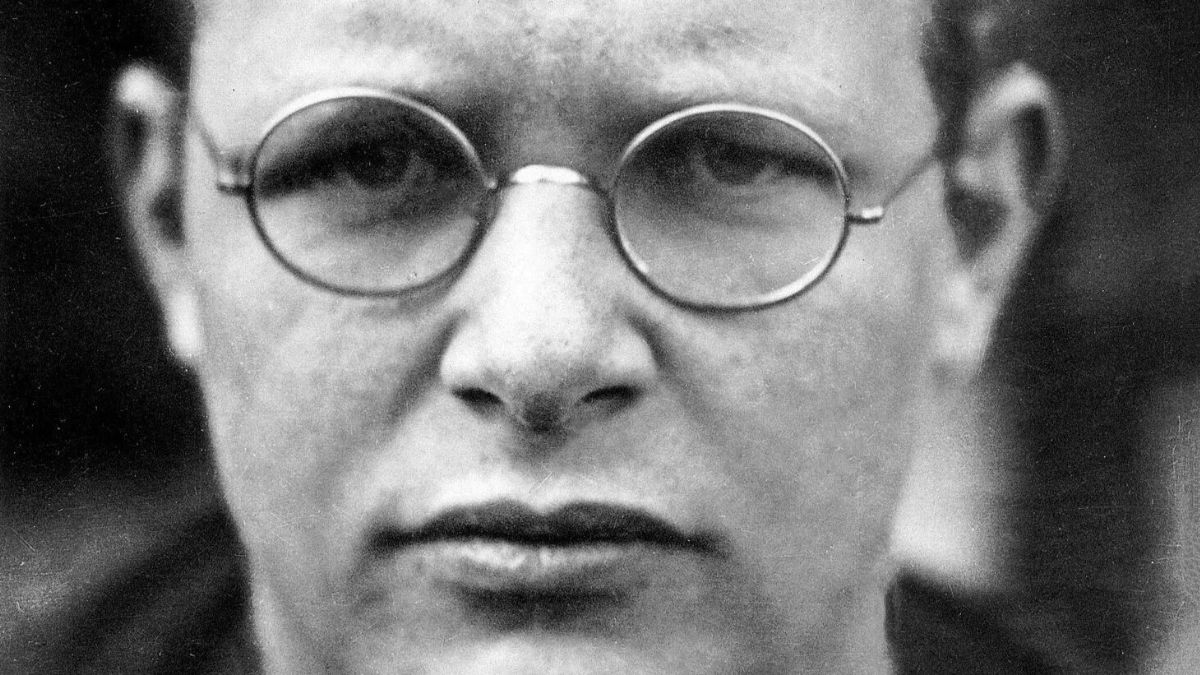


Recent conferences, books, blogs, and articles have me wondering whether “evangelical” still means what it used to mean.

Last week Eric Metaxas talked about Russell Moore’s appearance at the Justice Conference in Chicago. Moore challenged the 2,500 young evangelicals there to expand their notion of “justice” beyond the popular issues of helping immigrants and the victims of sex trafficking to include the dignity of human life, the rights of children to have mothers and fathers, and the need for sinners to embrace the good news of Christ.
In other words, we must carefully define “justice” if we want to be champions of justice.
And speaking of definitions, the Justice Conference is sponsored by World Relief, the relief and development arm of the National Association of Evangelicals. As such, the group has helped tens of thousands of people in crisis and poverty around the world.
But this gathering wasn’t typical of what’s often defined as “evangelical.” The mission of the event, according to Stephen Bauman, CEO of World Relief, was to “bring out the broader voice of justice and let people decide what’s true, what’s right.” And yet, the conference invited several well-known progressive, non-evangelical speakers such as Cornel West and Father Michael Pfleger. Another speaker, Mark Charles, referred to the Declaration of Independence as “systemically racist” and told the crowd, “Everything you own is stolen.”
Mark Tooley of the Institute of Religion and Democracy rightly replied that the Declaration, though delivered to us by imperfect men and lived out imperfectly ever since, has served as a beacon of freedom and human dignity around the world.
But then there’s this: two of the conference’s most prominent “evangelical” speakers—Tony Campolo and Jim Wallis—have rejected the historic Christian teaching on marriage. Now today it’s those issues in particular—on marriage, sexuality, and identity—that create the question: what is an evangelical, anyway? Within evangelicalism, is the historic biblical position on sexuality up for grabs?
For years, David Bebbington’s “evangelical quadrilateral” has noted these distinctives of evangelicalism: biblicism, crucicentrism, conversionism, and activism. It emphasized evangelical reverence for the Bible and the cross of Christ, the need for personal conversion, and acting out of a changed life, with Wilberforce’s historic battle against the slave trade as prime example.
But some who claim the evangelical label come to such different conclusions about what the Bible actually teaches on some very key issues—such as marriage, the special dignity of human life, even how we interpret the Bible. And I say key, because these have to do with what has historically gone unquestioned, and the issues are rooted in God’s created intent for His world.
To move forward, I point you to a more comprehensive definition of “evangelical,” first drafted by the evangelical Anglican, J.I. Packer, who was dubbed by Christianity Today as “evangelicalism’s traffic cop.”
Here are J.I. Packer’s six distinctives of evangelicalism:
1-The supreme authority of Scripture for knowledge of God and as guide to Christian living; 2-The majesty of Jesus Christ as incarnate God and Lord, and the Savior of sinful humanity; 3-The lordship of the Holy Spirit; 4-The need for personal conversion; 5-The priority of evangelism for both individual Christians and for the Church as a whole; and, finally, 6-The importance of Christian community for spiritual nourishment, fellowship and growth—a community, by the way, that includes those members of the body of Christ who have gone before us and whose teachings still enlighten us today.
As I look at these six distinctives as expressed by J. I. Packer, I say, “Yes. I believe these things.” These are principles I want to aspire to live out, and to help the next generation of young evangelicals embrace as well.
For more on Packer’s definition of “evangelical,” come to BreakPoint.org and click on this commentary.
Just What Is an Evangelical Anyway?: J. I. Packer’s Six Distinctives
Since John has just delineated evangelicalism, now is a good time to re-confirm and recommit to living out these important distinctives of the Christian faith, no matter what circumstances or cultural pressures we may face. For further details on evangelicalism, check out the links below.
An Interview with J.I. Packer
Founders.org
Evangelicals, Racism & Declaration of Independence
Mark Tooley | Juicyecumenism.com | June 4, 2016
Controversial Speakers Headline Justice Conference in Chicago
Julie Roys | Christian Post | June 5, 2016
Justice Conference speakers
website
J. I. Packer: An Evangelical Life
Leland Ryken, J. I. Packer | Crossway Books | October 2015
Have a Follow-up Question?
Want to dig deeper?
If you want to challenge yourself as many others have done, sign up below.
Webinars
Short Courses
Up
Next














